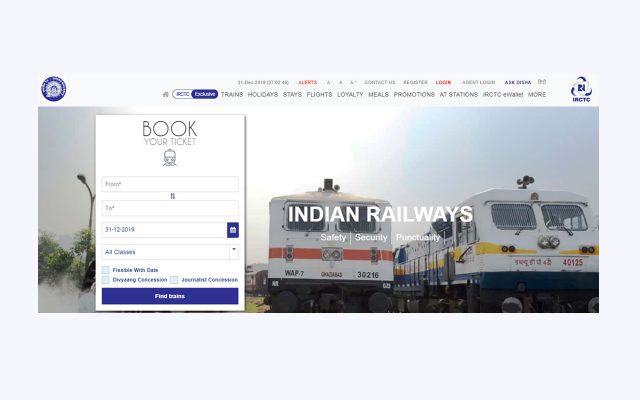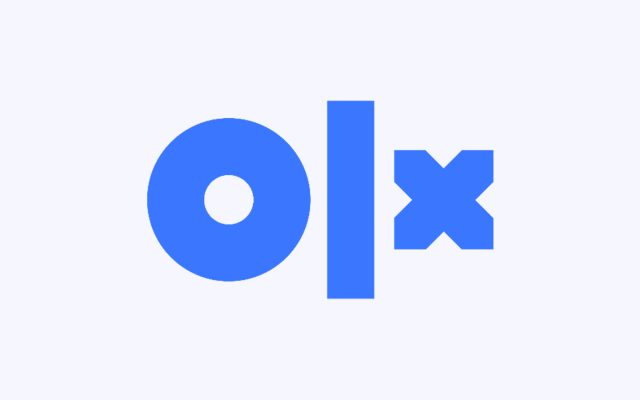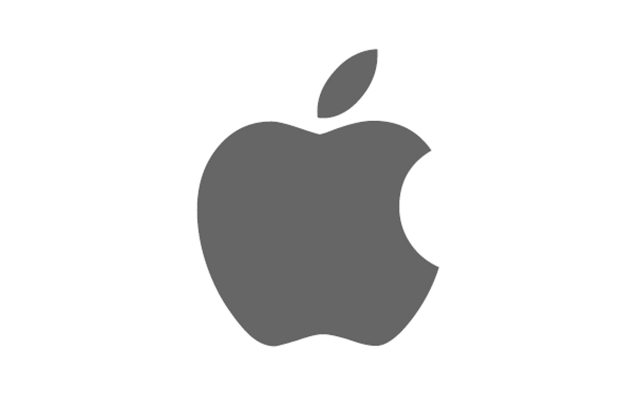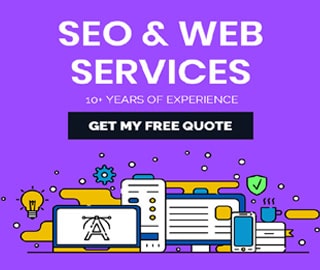The Impact of AI and Automation on Industries Transformation
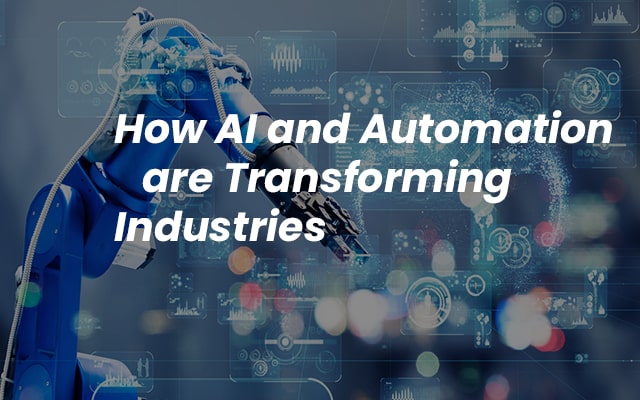
The way we work is changing rapidly, and much of that change is being driven by artificial intelligence (AI) and automation. These technologies are already transforming industries in a variety of ways, and their impact is likely to grow in the coming years. In this article, we'll explore how AI and automation are changing the future of work, and what that means for businesses and workers alike.
AI and Automation: What Are They, and How Do They Work?
Before we dive into the ways in which AI and automation are transforming industries, let's first define what we mean by these terms. AI refers to the use of computer algorithms that can learn from data and make decisions based on that learning. This technology has a wide range of applications, from image recognition to natural language processing.
Automation, on the other hand, refers to the use of machines and software to perform tasks that would otherwise be done by humans. This technology has been around for decades, and it's been used in everything from manufacturing to customer service.
The real power of AI and automation comes from combining these two technologies. By using AI to make decisions and automate tasks, businesses can create systems that can learn and adapt on their own, without the need for human intervention.
How AI and Automation Are Transforming Industries
The impact of AI and automation on industries is already being felt in a variety of ways. Here are just a few examples:
1. Manufacturing:
The manufacturing industry was one of the first to embrace automation, but AI is taking things to the next level. By using AI-powered sensors and analytics, manufacturers can monitor their equipment in real-time and identify potential issues before they become major problems. This can help to reduce downtime and increase productivity.
2. Healthcare
AI is being used in a variety of ways in the healthcare industry, from helping doctors diagnose diseases to improving patient outcomes. For example, AI-powered chatbots can help patients get answers to their healthcare questions quickly and efficiently, while AI-powered algorithms can analyze medical images to identify potential issues that might be missed by human doctors.
3. Retail
Retail is another industry that's being transformed by AI and automation. By using AI-powered chatbots and personalization algorithms, retailers can create personalized shopping experiences for their customers. Meanwhile, automation is being used in warehouses to streamline the picking and packing process, making it faster and more efficient.
4. Finance
The finance industry is also being transformed by AI and automation. For example, AI-powered algorithms can be used to analyze financial data and identify potential risks or opportunities. Meanwhile, automation is being used to streamline processes like loan processing and account management.
5. Transportation
Finally, the transportation industry is being transformed by AI and automation. Self-driving cars and trucks are already on the roads, and they're expected to become more common in the coming years. Meanwhile, logistics companies are using AI-powered routing algorithms to optimize their delivery routes and reduce transportation costs.
The Benefits of AI and Automation
So, what are the benefits of AI and automation? There are many, including:
- Increased Productivity: By automating repetitive tasks and using AI to optimize processes, businesses can increase productivity and reduce costs.
- Improved Accuracy: AI-powered algorithms can analyze data with incredible accuracy, reducing the likelihood of errors and improving decision-making.
- Personalization: AI-powered personalization algorithms can create personalized experiences for customers, improving customer satisfaction and loyalty.
- Predictive Analytics: AI-powered analytics can help businesses identify potential risks and opportunities before they become major issues.
The Challenges of AI and Automation
Of course, there are also challenges associated with AI and automation. Here are a few:
- Job Loss: Perhaps the most significant challenge associated with AI and automation is the potential for job loss. As machines and algorithms become more capable, they may be able to perform tasks.
- Skills gap: Workers who lack the skills or education necessary to transition to new roles may struggle to find new jobs.
- Bias: AI algorithms are only as good as the data they're trained on, and if that data is biased in some way, the algorithm will be biased as well. This can have real-world consequences, such as unjust outcomes in criminal justice or difficulty accessing credit for certain groups.
- Cybersecurity: As businesses become more reliant on AI and automation, they become more vulnerable to cyber attacks. This can lead to physical damage, safety hazards, or the theft of sensitive data.
- Ethics: The use of AI and automation raises ethical concerns, such as privacy, accountability, and transparency. These concerns must be addressed in a responsible and ethical way to ensure that the benefits of these technologies are shared widely and fairly.
Overall, the challenges of AI and automation require careful consideration and management to ensure that these technologies are used in a responsible and ethical way, and that the benefits are shared widely.

